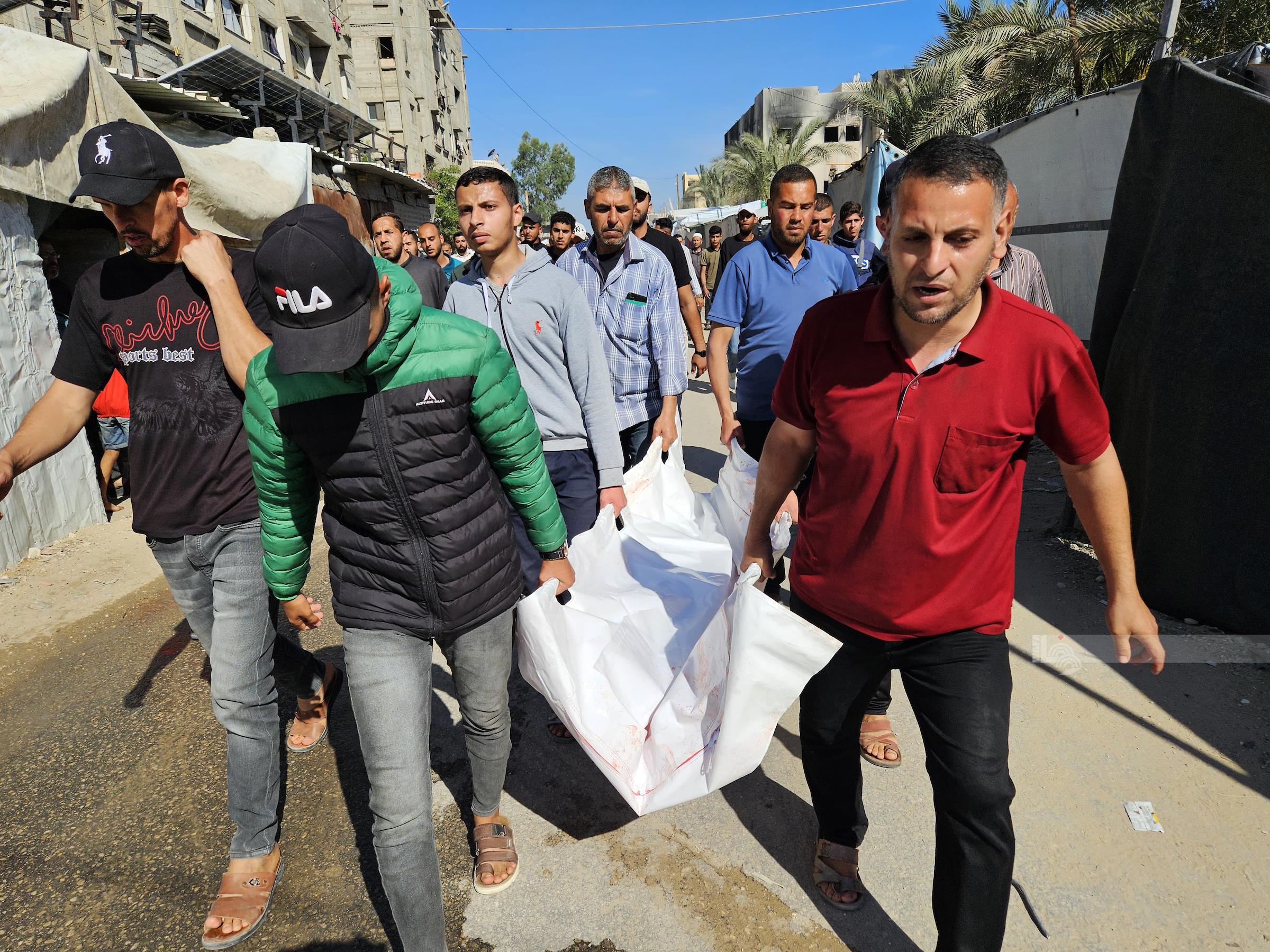BERLIN, May 18, 2010 (WAFA)- The Palestinian National Authority and Germany tread new ground in Berlin, today, kicking off the landmark German-Palestinian Steering Committee, according to Deutche-Welle.
German and Palestinian cabinet ministers met for talks in Berlin on Tuesday, commencing the landmark 'German-Palestinian Steering Committee.' The high-level political partnership is aimed at facilitating peace in the Middle East.
Prime Minister Salam Fayyad called it 'historic' that the Palestinian Authority met with the German government for high-level talks.
He said that the Palestinian Authority had no other such agreement with other states and that he hoped the steering committee would set an example 'at the EU level, in the framework of efforts to create the structures for an independent Palestinian state.'
Fayyad added that 'building up Palestinian state structures' was the only way to help heal the internal divide, adding that international assistance was needed for this to happen.
'One of the reasons for the difficulties in internal Palestinian politics is the disappearance of hope that politics can deliver an end to the Israeli occupation,' he said.
German Foreign Minister Guido Westerwelle said 'We believe that the development and reconstruction of state structures in the Palestinian areas are indispensable for a just two-state solution in the Middle East.”
Westerwelle's talks with Fayyad ran parallel to meetings between the German and Palestinian interior, economy, development and education ministers focused on the development of state institutions in the Palestinian territories.
Westerwelle announced that a total of €50 million ($62 million) had been allocated for development and humanitarian aid for the Palestinian Authority for 2010, which since 2007 has had control over the West Bank following a split with the militant Hamas movement.
Germany is to continue the training of Palestinian Authority police forces, raise the upper limit for export-credit guarantees and establish a 'start-up center' for German businesses in the West Bank, Westerwelle said.
German firms would also assist in the reconstruction of a sewage plant destroyed in the Gaza war in 2009, the rebuilding of a water treatment plant in Tulkarem and the construction of an industrial park in Jenin.
Some 20 million additional euros were being made available for the Gaza Strip's energy supply, which currently relies heavily on smuggling via Egypt.










